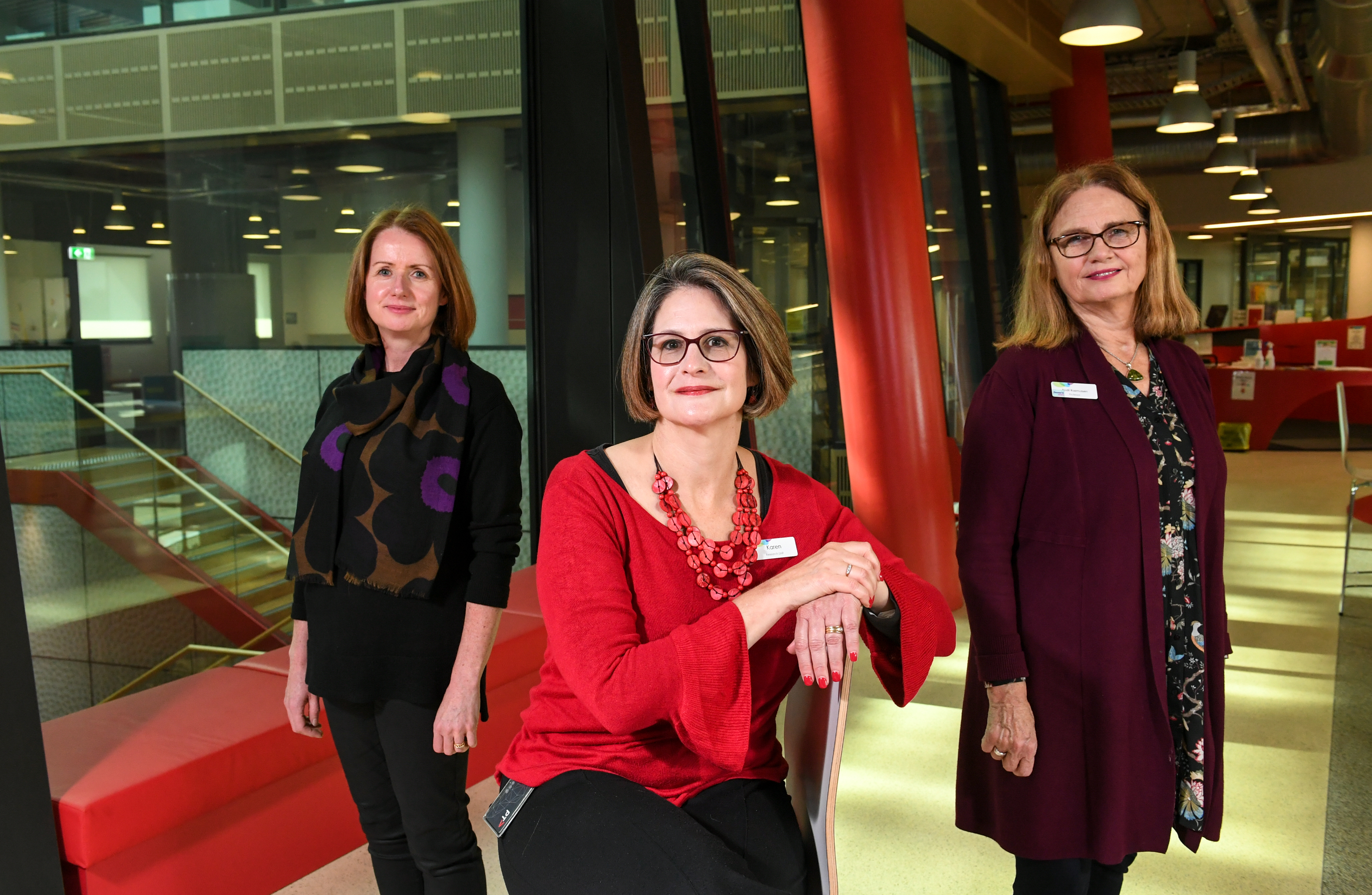New Western Health and Deakin University research sheds light on the negative impact of the pandemic on the wellbeing of healthcare workers over time.
The second wave of the pandemic took its toll on hospital clinicians’ mental health, driving up rates of depression, anxiety and stress.
The study of more than 1,000 Western Health staff found that healthcare workers' biggest worry remained infecting family members.
In the second half of 2020, there was significant increase in the proportion of healthcare workers worried about: becoming ill, their colleagues contracting COVID-19, leave cancellation and increased conflict at work.
However, the researchers also found that during both waves most participants reported feeling like they had an opportunity to learn and improve their infection control knowledge.
Lead author Dr Karen Wynter said there was already evidence to show that healthcare workers have experienced clinically significant levels of psychological distress during the pandemic, however research examining the impact on their wellbeing, as the pandemic progressed, was more limited.
“Our research adds a valuable insight into the impact of the pandemic over time, as it is one of the first studies to compare the psychosocial wellbeing of hospital clinicians at two crucial time points in the pandemic in 2020,” Dr Wynter said.
What the research found
Doctors, midwives and allied health clinicians completed online surveys five months apart in the first wave from May to June and the second wave, October to December. They were assessed using a validated clinical tool which assesses symptoms of depression, anxiety and stress.
“We found the impact of the second, more intense wave of COVID-19 on the psychosocial wellbeing of staff was significantly worse compared with the first wave five months earlier.”
The proportion of participants who scored in the moderate to extremely severe range for depression rose from 14 to 22 per cent, anxiety increased from 12 to17 per cent and stress went up from 14 to20 per cent.
Compared with doctors, nurses and midwives reported significantly more anxiety during both waves.
Healthcare workers reported increased workloads, additional stress, cancelled annual leave, increased conflict and decreased cooperation among staff during the second wave compared with the first wave.
“The cumulative effect of respondents’ sustained increased workloads, cancellation of annual leave, and increased concern about COVID-19 infection among themselves, their families and their colleagues, could all have contributed to higher levels of psychological distress during wave two,” Dr Wynter and collaborators wrote in the Occupational Medicine journal.
What can we learn from the findings?
Dr Wynter said their findings suggested staff would benefit from increased and ongoing occupational and psychosocial support, even when the immediate COVID-19 concerns and impacts resolve.
Careful workforce planning was required for future pandemics and adverse events, Dr Wynter said, to ensure clinicians had manageable workloads and adequate access to leave.
There was also an opportunity to ensure healthcare workers’ education equipped them to manage fears and concerns during a pandemic; this could include: specific self-care, building resilience and healthy coping skills, and developing efficient and effective teamwork.
During the pandemic, Western Health introduced and enhanced support for staff, including psychological support onsite, specialist support sessions for individuals and groups, and a range of practical measures ranging from free frozen meals to lunchtime comedy sessions and giveaways.
This research was conducted by the Western Health Partnership with Deakin University, which brings together researchers and clinicians to collaborate on research across the health service.
During COVID-19, the team has conducted world-leading research into the psychological wellbeing and work and personal lives of clinical staff.
The research was supported by an internal grant from the Institute of Health Transformation at Deakin University.
Read the full journal article here.
